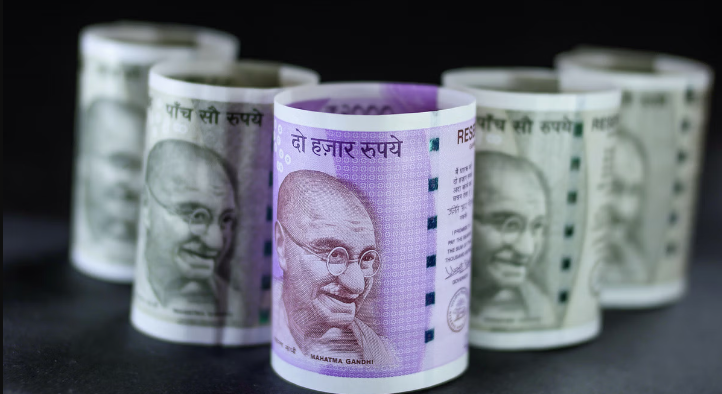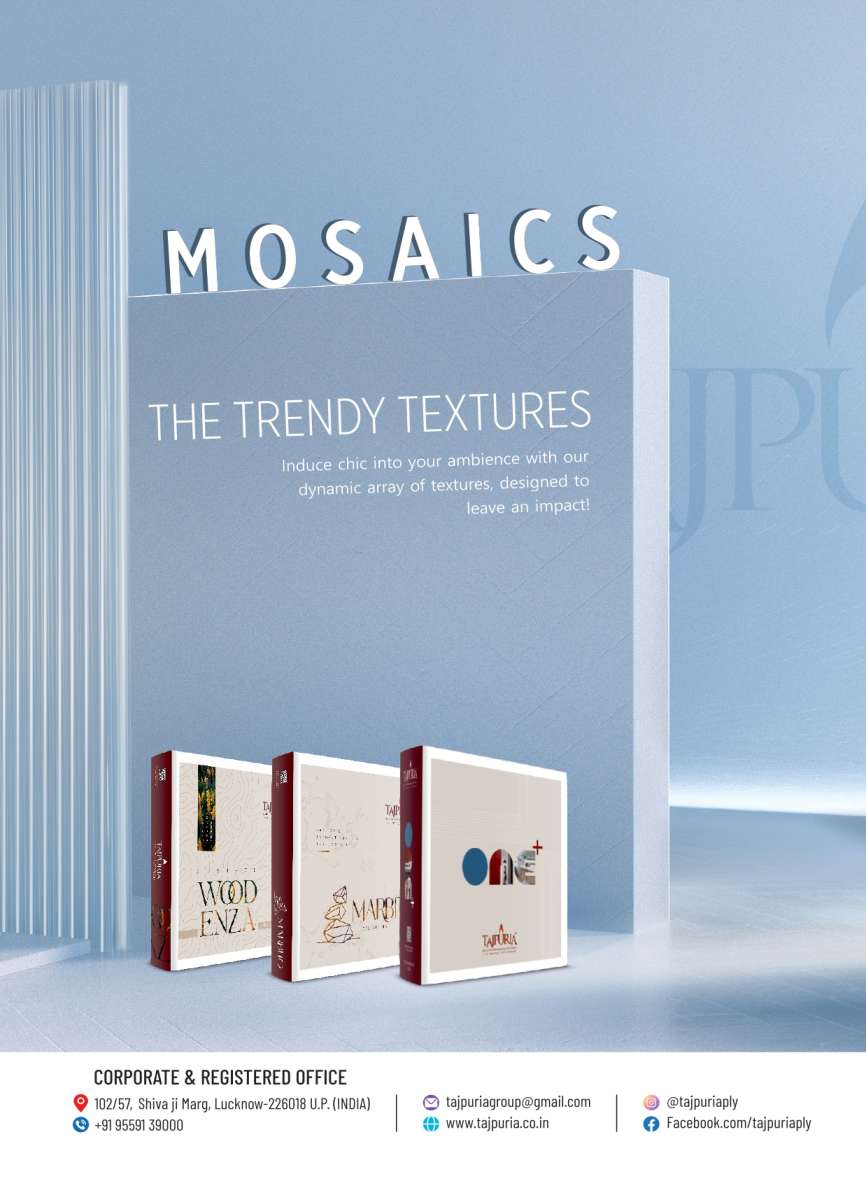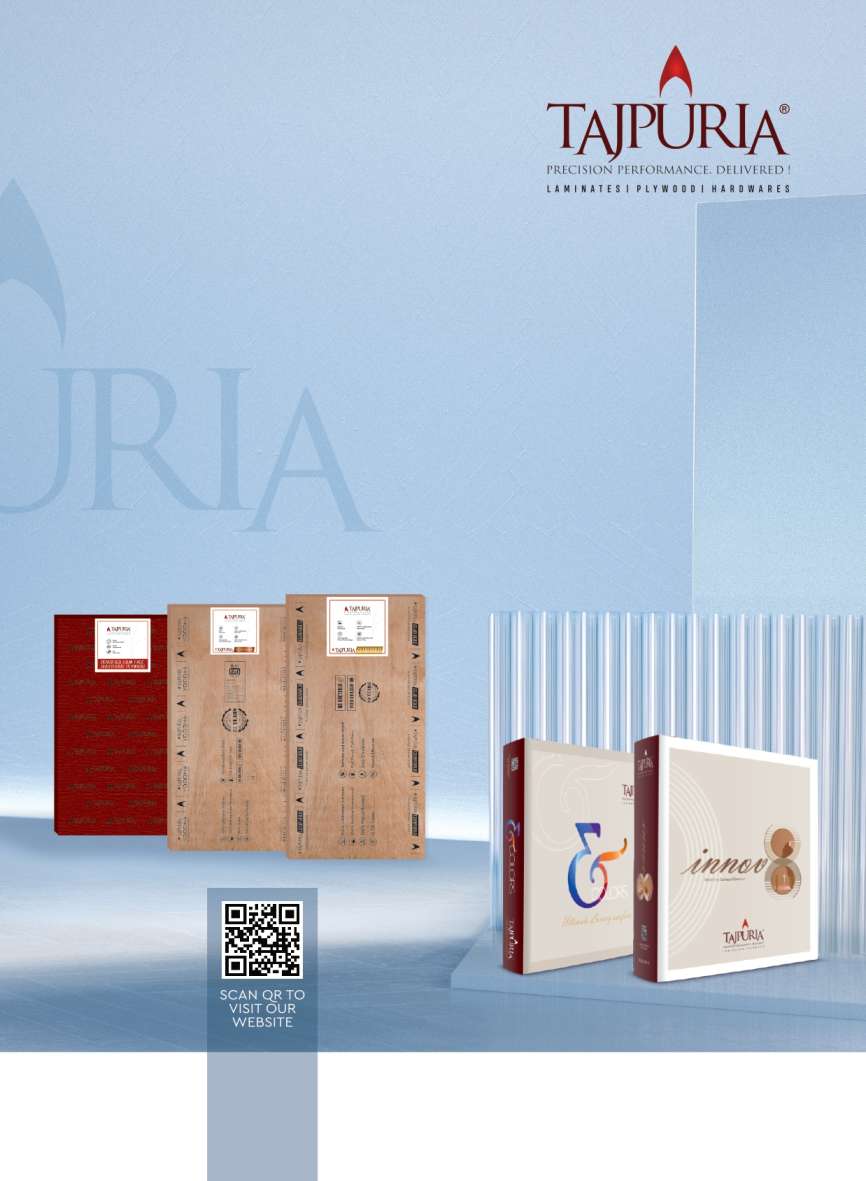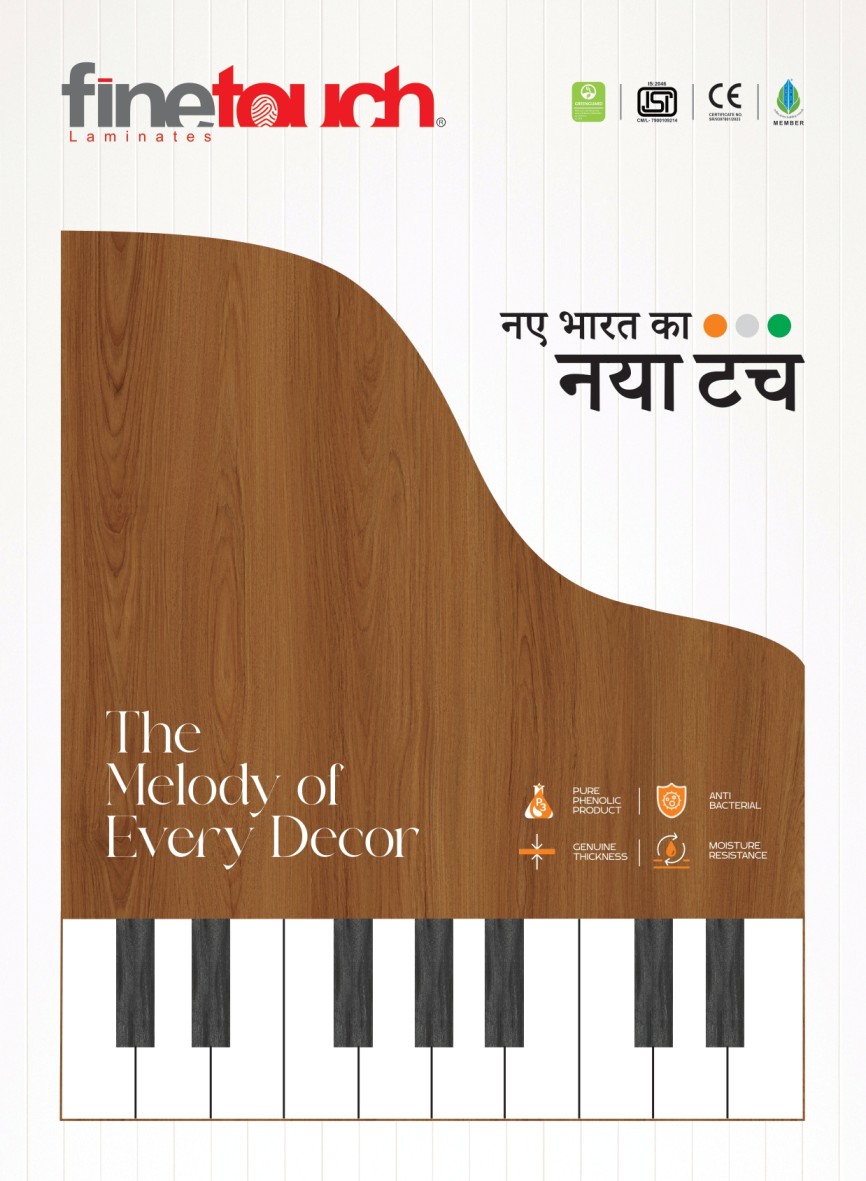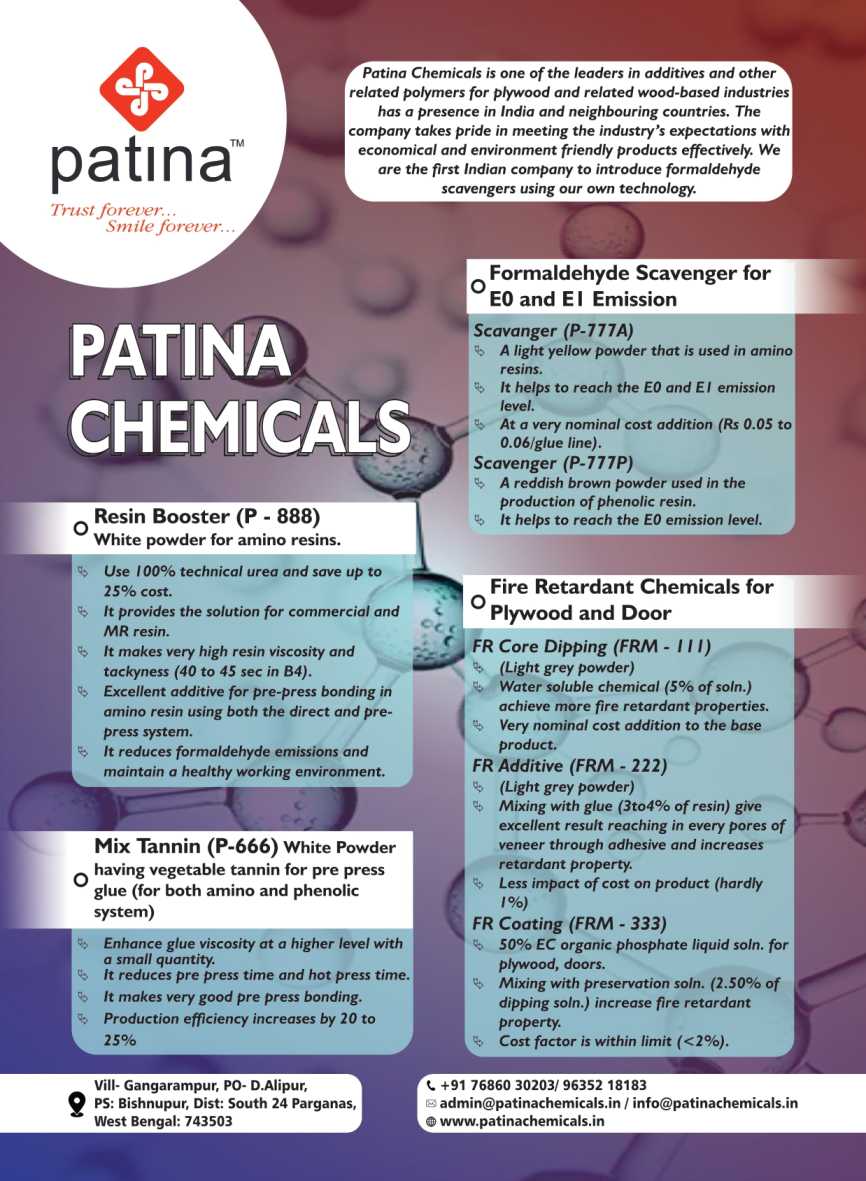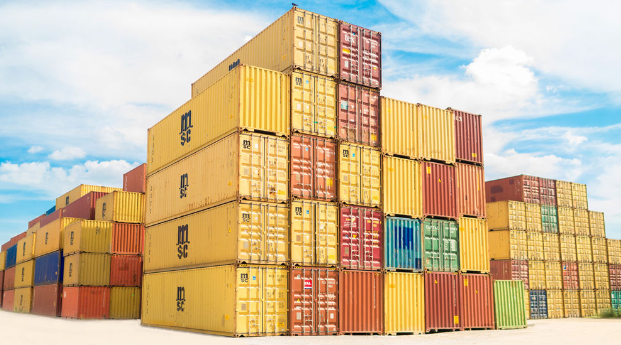
WTO provision became a tool to curb imports
- October 9, 2023
- 0
On June 12, 2020, India imposed restrictions on imports of pneumatic tyres used for cars, buses, lorries, scooters, and motorcycles, in accordance with the Agreement on Import Licensing Procedures under the World Trade Organization (WTO).
Three years later, India is once again utillising the same multilateral trade rules to limit imports, this time targeting personal computers, laptops, and tablets. The new regulations mandate companies to obtain licences from the Directorate General of Foreign Trade to import these items.
While India has frequently used this provision to curb imports to encourage domestic manufacturing, it is not alone.
‘Trade-restrictive measures’
According to the 2023 WTO Annual Report, the Committee on Import Licensing Procedures in 2022 received 56 notifications on those or changes in them from 16 members
The objective of the Agreement on Import Licensing Procedures is ensuring such procedures do not in themselves restrict trade. It aims to simplify obtaining licenses.
However, WTO trade monitoring reports have identified import licensing as one of the main trade restricting measures introduced by governments.
A trade expert said import licensing for agricultural products with strong seasonality was earlier used as a delaying tactic but was increasingly used a protectionist measure for industrial products. “It is not a very efficient tool for protecting domestic industry because it increases administrative burden, encourages corruption through discretionary power and perpetuates inefficiencies”
Bad in practice
During India’s latest trade policy review in 2020, South Korea complained the import licensing requirement for pneumatic tyres was causing “serious damage” to some firms doing business in India.
Responding to queries on its positions on the WTO consistency of import licensing measures, India said the import of most of the items was free. “Interventions are required based on various factors…,”
The WTO reported in 2019-20, 440 tariff lines of India (3.7 per cent of all) were subject to import licensing.
Responding to criticism on import curbs on pneumatic tyres, Trade Minister Piyush Goyal in August 2020 had defended the move.
“How can it be that one country does not allow tyres to be exported to them but wants free imports of tyres from that country into India? If other countries are desirous of the 1.3 billion Indian market opportunity, they will also have to give our country’s businesses equal opportunity to engage in their countries,”
Indonesia alleged “discriminatory treatment” in the application of the policy by targeting certain member countries whose producers could potentially compete with India’s domestic producers.



